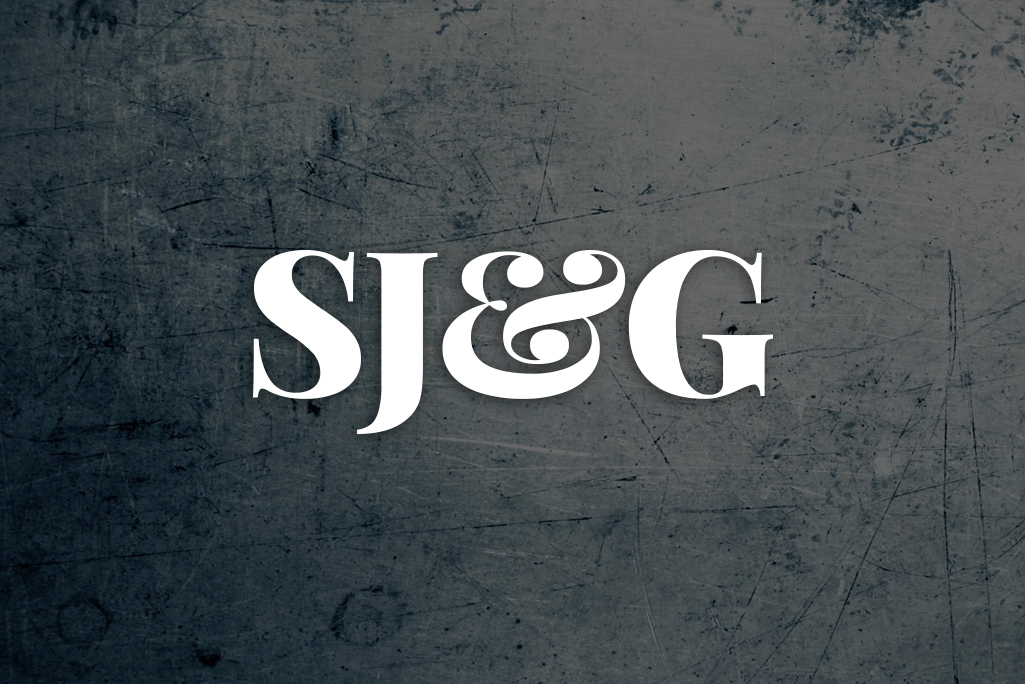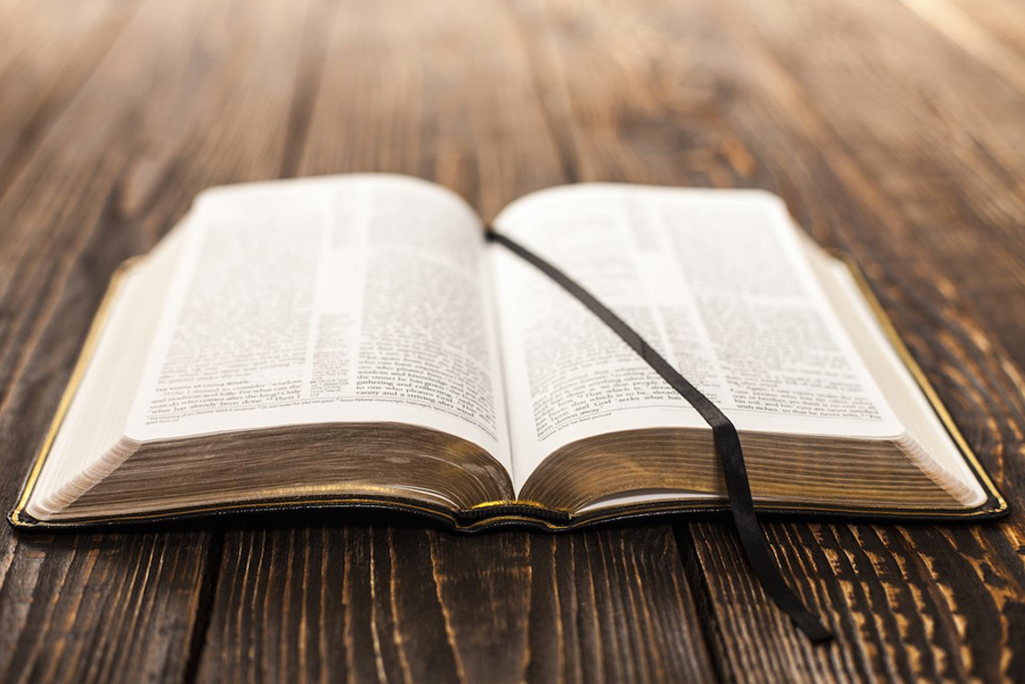WE AFFIRM that God created mankind male and female and that this divinely determined distinction is good, proper, and to be celebrated. Maleness and femaleness are biologically determined at conception and are not subject to change. The curse of sin results in sinful, disordered affections that manifest in some people as same-sex attraction. Salvation grants sanctifying power to renounce such dishonorable affections as sinful and to mortify them by the Spirit. We further affirm that God’s design for marriage is that one woman and one man live in a one-flesh, covenantal, sexual relationship until separated by death. Those who lack the desire or opportunity for marriage are called to serve God in singleness and chastity. This is as noble a calling as marriage.
WE DENY that human sexuality is a socially constructed concept. We also deny that one’s sex can be fluid. We reject “gay Christian” as a legitimate biblical category. We further deny that any kind of partnership or union can properly be called marriage other than one man and one woman in lifelong covenant together. We further deny that people should be identified as “sexual minorities”–which serves as a cultural classification rather than one that honors the image-bearing character of human sexuality as created by God.
Article X of the Statement on Social Justice and the Gospel encapsulates two thousand years of basic Christian belief on the nature of sexuality and marriage. For the vast majority of generations of Christians down through the ages there would be nothing at all controversial about these assertions, and past generations would have wondered why we even took the time to include it.
But we live in 2018 and the revolution in Western culture is undeniable. That revolution has extended to such behaviors as homosexuality or “gay marriage” or transsexualism the very status of “human rights,” so they must be addressed by any statement speaking to the topic of justice in light of biblical norms and revelation.
In direct contrast to the spirit of the age the statement affirms the goodness of the so-called “male-female binary.” Maleness is not something that is “toxic,” but something good and right and necessary in God’s design. Likewise to be a female is to be created by God with a good, proper, and beautiful purpose. Rather than being ashamed at being so “backward,” we should be openly celebrating these good elements of God’s creation.
We do not show love to confused, or even rebellious, individuals who transgress God’s creative categories of male and female. Though a tiny percentage of people are genetically impacted by medical conditions that lead to gender ambiguity, the vast bulk of “transsexuality” is a matter of the mind and heart, not the body. But our gender is determined by God’s will in our creation, and is not subject to alteration based upon our feelings, wants, or desires. There has rarely been a time in history when mankind has displayed such an open and wanton rebellion against God’s right to rule over humanity than in the modern transsexual movement.
In the same vein God has the right, as Creator, to not only make His creatures male and female, He has the right to determine the proper parameters within which that divinely-ordained sexuality is to be expressed. Due to the fall of man into sin, some experience disordered and confused attractions for the same sex. A small percentage experience these desires from their earliest memories, while the large majority are impacted by later sexual experiences resulting in a disturbance of normal sexual desire. The consistent teaching of Scripture is that homosexual behavior is opposed to God’s will and destructive of human flourishing. The Apostle Paul identified numerous sinful behaviors in writing to the church at Corinth, among them the sin of homosexuality, but then he wrote, “and such were some of you, but you were washed, but you were sanctified, but you were justified in the name of the Lord Jesus Christ and in the Spirit of our God” (1 Corinthians 6:11). The verb is inarguably past-tense which is why the Statement, in the denial portion, rejects the terminology of “gay Christian.” As offensive as it is to cultural elites today, the Bible offers hope in the gospel to those who will repent and seek God’s ways with their whole heart.
If God, as Creator, fashions mankind as male and female, and then orders the expression of that sexuality as He sees fit, it follows necessarily that His institution of marriage is the logical outcome of the preceding exercises of His divine rights. Marriage is, in fact, a divine institution, biblically revealed to have been designed by, and established by God directly without human cooperation or assistance. No governmental entity existed when God ordained marriage, and, therefore, no later governmental institution has the right to alter, change, or make void, that institution. It is rooted firmly in the created order of male and female, is oriented toward the fulfillment of both the man and woman, together, and toward the raising up of families with children who have in their parents models of how they should live in the future. There can be no question that the most radical and foundational changes in Western culture that have led to the greatest denigrations of human dignity all stem from the collapse of a culture-wide focus upon the sanctity and propriety of Christian marriage as taught in the pages of the Bible.
The truly radical nature of the revolution in morality and ethics sweeping Western culture today is seen most fully in the adoption of so-called “same-sex marriage,” a phrase that would have puzzled every generation of humanity globally only a few decades ago. It is, of course, a massive redefinition of the term and the institution based upon a revolution in worldview. Utter human autonomy is now the watchword of the social elites, so that any person is what they think themselves to be. The resulting moral and ethical chaos is all around us. Biological males using bathrooms for women resulting in children either living in fear using the facilities or simply having to “wait to get home.” Female athletes left panting in a distant second and third by a “transgender female” who is actually biologically male winning the gold medal in record fashion. Children being adopted into same-sex families, purposefully being denied the model of a father and a mother in relationship to one another. Surgical and chemical mutilation of healthy bodies of both little boys and girls all because of either real (and rare) gender confusion or due to “copy cat” socially-encouraged experimentation. Parents refusing to “gender” their children but to “leave it to them to figure out.” Governmental entities allowing for birth certificates with “other” as a gender option. The proper, good societal roles of mothers and fathers mocked and ridiculed and identified as being “backward.” The list goes on and on and on. Each society that embraces these revolutionary concepts finds it impossible to stop the acceleration into utter moral and ethical anarchy.
The source of all of this chaos–chaos that is damaging to human happiness and flourishing? As the Statement puts it, it is a refusal to “honor the image-bearing character of human sexuality as created by God.” Our secular age has rejected the Creator and therefore has no room for “image-bearing” or transcendent value or objective truth. The downward spiral only spins more tightly as it descends to disaster. God’s Word calls us to the upward spiral of life that is based upon the gospel and God’s revelation of His purposes in creation. The Scriptures are clear and compelling in their teaching in this vital area, and we would do well to pay very close attention and heed their admonitions.


